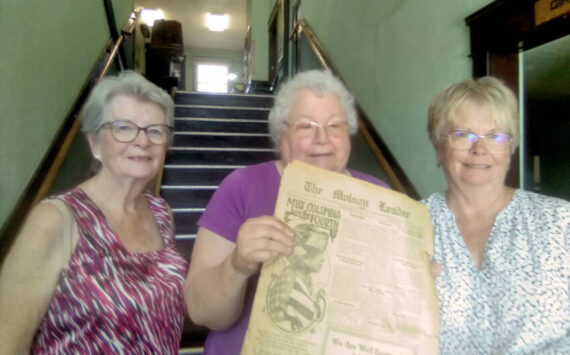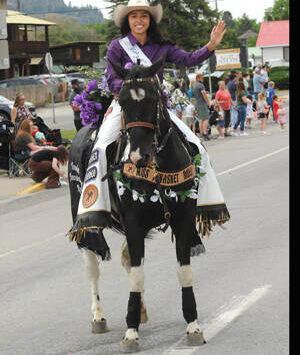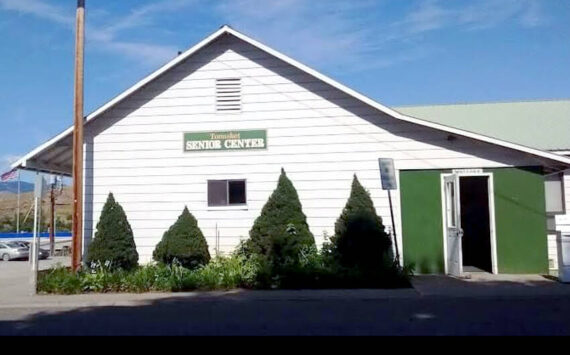TONASKET – Tonasket Emergency Medical Services director Michael Greene isn’t offering a way to make a quick buck or a low-key pastime.
What he is offering is a course that he is uniquely qualified to teach that has rewards far beyond finance or hobby.

Beginning in early November and meeting three times a week until February, Greene, a paramedic and certified state instructor, will be providing 160 hours of Emergency Medical Technician training. Students will meet every Tuesday and Thursday evening, as well as all day Saturday, with breaks for Thanksgiving and Christmas.
“It will be 160 hours of training,” he says. “In that 160 hours, they’ll learn ambulance operations, driving and operating the ambulance, auto extrication and hazardous materials awareness.
“They’ll learn how to manage everything from severe to mild medical emergencies and severe to mild traumatic emergencies. They’ll spend time in and emergency room. We’ll send them to places like Yakima, Wenatchee and Seattle to ride in a busy ambulance and get some experience.
“And then they’ll be able to ride here.”
That, of course, is the ultimate goal: to expand the available pool of emergency responders in the area.
He’s hoping to fill the class with 16 people and as of the writing of this article, 10 vacancies remained.
While the overall cost of the course is prohibitive at about $850, Greene said a lot is being done to reduce what prospective EMTs would have to pay out of their pockets.
“The biggest obstacle has been the cost,” Greene said. “We’ve been able to offset that with donations from the Kiwanis. The EMS district is subsidizing $350 and we’re taking local donations to reduce the cost further. So the exact amount depends on the amount of donations and how many people we get. We’ve also been talking about a payment plan; it’s a big chunk of money.”
Upon completion of the course, EMTs must be affiliated with an organization, and through the Tonasket EMS they can get their out-of-pocket expenses reimbursed after two years of service. Upon completion of the course, active EMTs are asked to commit to four 12-hour shifts a month, with a small on-call hourly wage and reimbursement for actual transports.
Students will also be eligible to take a national certification exam that would make them eligible to work in any state.
Greene said much of the class will focus on scenario-based training.
“We’ll replicate calls with simulated patients,” Greene said. “I’m a big believer in it. The research in how people perform under stress is that they will go back to what they were taught. So if we can create a parallel scenario they’ll be able to perform that way.
“We’re teaching techniques, but as importantly teaching how to think critically under stress.”
Prospective students need to be high school graduates with clear criminal and driving records.
“We’re really wanting people who want to serve the community, enjoy hands-on work and are already part of the community,” Greene said. “I don’t want to make it falsely attractive and get a group of people and not meet anyone’s expectations. But it is very rewarding and very useful. If you’re an outdoors guide or on the fireline, they’re great skills to have.”
Anyone interested in registering for the course or seeking more information can contact Greene at (509) 560-0080 by Oct. 31.





Comments are closed.